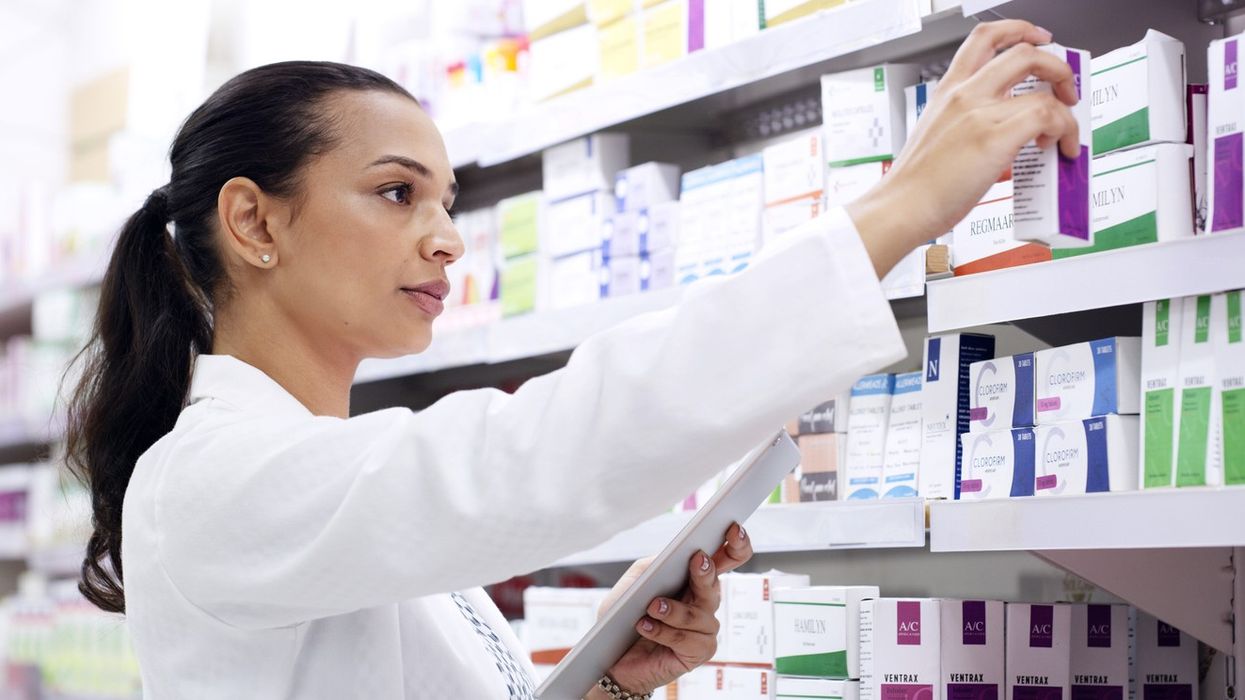Grant Thornton appointed to support GPhC in reviewing the revalidation process and framework
The General Pharmaceutical Council (GPhC) is inviting pharmacy technicians and pharmacists who have undergone revalidation since October 2022 to share their experiences by participating in a survey.
Additionally, pharmacy professionals are encouraged to provide feedback on the impact of revalidation and offer comments and suggestions for improving the process.
The Council said: “The purpose of this survey is to ensure that the current revalidation process is effective and meets the needs of professionals and the public.”
To support this review, the GPhC has appointed the consultancy firm Grant Thornton, which will also help in identifying any gaps and determining areas that may require further development.
“The Grant Thornton review will contribute to the development of potential changes to the revalidation framework,” it said.
However, the Council noted that no changes will be introduced before June 2025 and any new proposals will be consulted on fully.
Revalidation with the GPhC is an annual requirement for every pharmacy professional to renew their registration and continue practising in Great Britain.
“It’s one of the ways that we work with you to strengthen public confidence in pharmacy,” the Council said.
The GPhC revalidation framework was introduced five years ago. Since then, the pharmacy sector has evolved rapidly, with new service models.
The Council wants to ensure that the current revalidation process remains effective and continues to meet the needs of both professionals and the public.
This survey is open now and will close on 8 September 2024.
Recently, the GPhC revised the routes to registration for internationally-qualified pharmacists who want to practise in Great Britain, following feedback from stakeholders.
It proposed one single route to registration for all non-European Economic Area (EEA) or European Free Trade Association (EFTA) internationally-qualified pharmacists, reducing the process from two years to one.
This one-year programme will include both university study and in-practice training.













